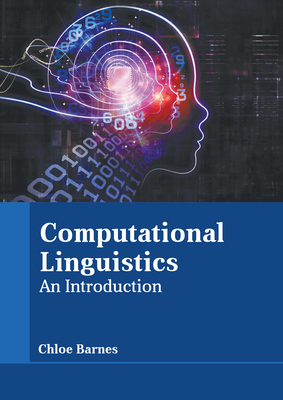Enhancing Lifelong Language Learning by Improving Pseudo-Sample Generation
IF 5.3
2区 计算机科学
Q2 COMPUTER SCIENCE, ARTIFICIAL INTELLIGENCE
引用次数: 1
Abstract
Abstract To achieve lifelong language learning, pseudo-rehearsal methods leverage samples generated from a language model to refresh the knowledge of previously learned tasks. Without proper controls, however, these methods could fail to retain the knowledge of complex tasks with longer texts since most of the generated samples are low in quality. To overcome the problem, we propose three specific contributions. First, we utilize double language models, each of which specializes in a specific part of the input, to produce high-quality pseudo samples. Second, we reduce the number of parameters used by applying adapter modules to enhance training efficiency. Third, we further improve the overall quality of pseudo samples using temporal ensembling and sample regeneration. The results show that our framework achieves significant improvement over baselines on multiple task sequences. Also, our pseudo sample analysis reveals helpful insights for designing even better pseudo-rehearsal methods in the future.通过改进伪样本生成,促进终身语言学习
摘要为了实现终身语言学习,伪排练方法利用语言模型生成的样本来刷新先前学习任务的知识。然而,如果没有适当的控制,这些方法可能无法保留具有较长文本的复杂任务的知识,因为大多数生成的样本质量较低。为了克服这个问题,我们提出了三项具体贡献。首先,我们使用双语言模型,每个模型专门处理输入的特定部分,以生成高质量的伪样本。其次,我们通过应用适配器模块来减少使用的参数数量,以提高训练效率。第三,我们使用时间集成和样本再生进一步提高了伪样本的整体质量。结果表明,我们的框架在多个任务序列上实现了比基线的显著改进。此外,我们的伪样本分析为未来设计更好的伪排练方法提供了有益的见解。
本文章由计算机程序翻译,如有差异,请以英文原文为准。
求助全文
约1分钟内获得全文
求助全文
来源期刊

Computational Linguistics
工程技术-计算机:跨学科应用
CiteScore
15.80
自引率
0.00%
发文量
45
审稿时长
>12 weeks
期刊介绍:
Computational Linguistics, the longest-running publication dedicated solely to the computational and mathematical aspects of language and the design of natural language processing systems, provides university and industry linguists, computational linguists, AI and machine learning researchers, cognitive scientists, speech specialists, and philosophers with the latest insights into the computational aspects of language research.
 求助内容:
求助内容: 应助结果提醒方式:
应助结果提醒方式:


